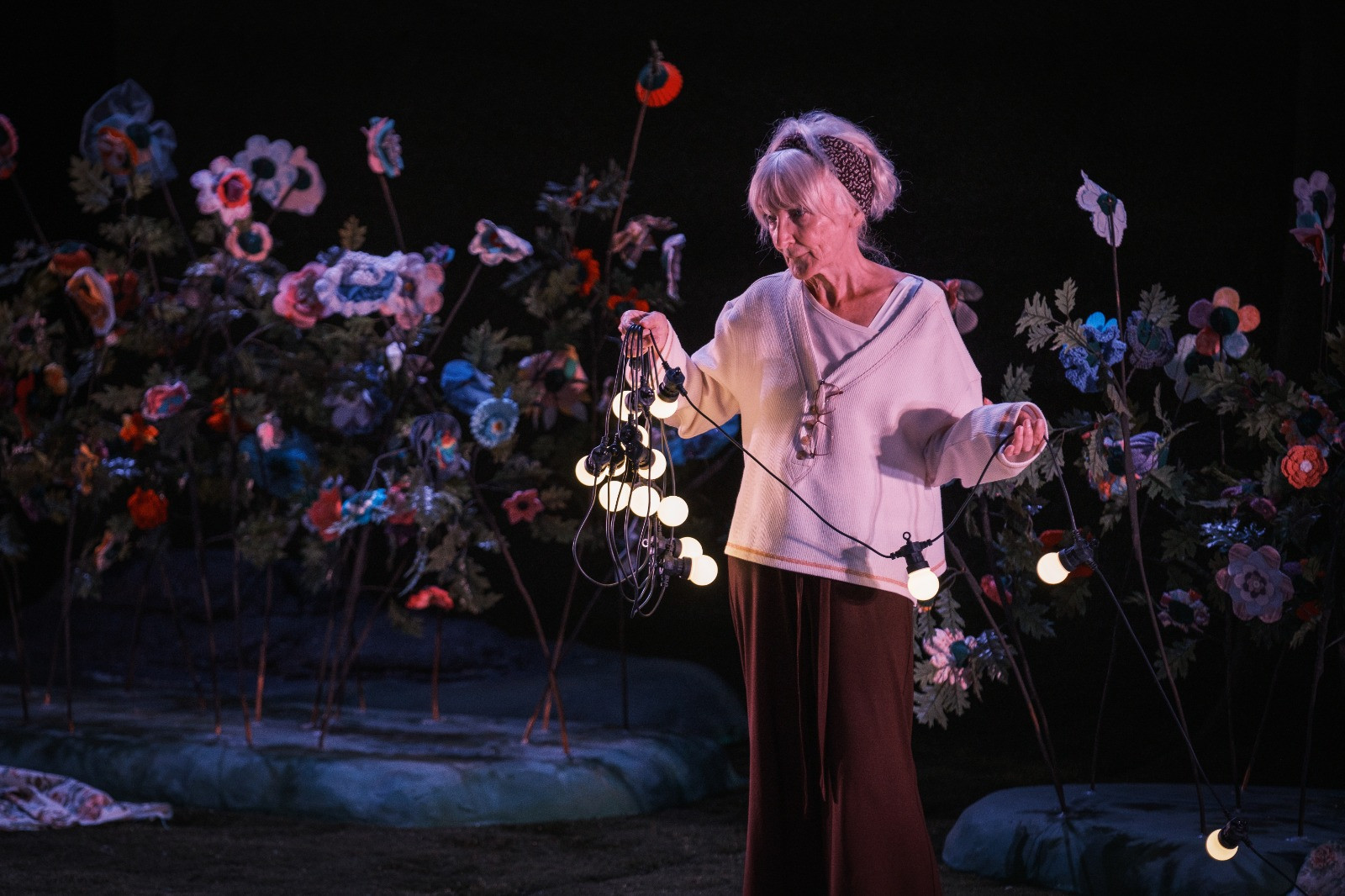
All this means his story will never be forgotten.
Maureen Willis
In 1969, the body of a homeless, black man, David Oluwale was found in the river Aire, which runs through the city of Leeds.
In 2022 a blue plaque was unveiled on Leeds Bridge. It reads, ‘David Oluwale. A British citizen, he came to Leeds in 1949 in search of a better life. Hounded to his death near Leeds Bridge, two policemen were imprisoned for their crimes’. In January 2023 The David Oluwale footbridge which spans the River Aire was opened. A lasting reminder of equality and inclusion. On 25th November 2023 a new sculpture by Yinka Shonibare inspired by the hibiscus flower, a plant commonly found in Nigeria, is to be unveiled in Leeds’. This major new public artwork, embellished with African inspired Batik patterns will stand as a beacon of hope. It will provide a place where people can come together and tell stories of reconciliation, healing and renewal for the city. All this means his story will never be forgotten.
Who was David Oluwale?
Born in Lagos in 1930. David Oluwale migrated from Nigeria in August 1949. He hid on a cargo ship destined for Hull and was jailed for being a stowaway. Upon release, Leeds became his home and he worked in industries helping rebuild the post-war city. But after being re-incarcerated and labelled schizophrenic, David spent his final two years homeless in Leeds city centre, routinely mentally and physically abused by police officers Inspector Geoffrey Ellerker and Sergeant Kenneth Kitchen. In the early hours of 18th April 1969 David was chased by the officers towards the river Aire and his body was found in the water two weeks later.
I came back to live in Leeds in 1968 and was shocked when this story broke.
In 1970, a brave 19 year old police cadet, Gary Galvin, revealed David Oluwale had been the victim of serious and sustained mistreatment by senior officers, Ellerker and Kitchen. The officers were later jailed for a series of assaults. The first successful prosecution of British police officers for involvement in the death of a black person. The case led to police in Leeds working with the United Caribbean Association on the Leeds Scheme, a pioneering effort to breach the gulf between black people and the police.
In 2007 the discovery of declassified police papers relating to the case led to a book being written by Kester Aspden, The Hounding of David Oluwale. It was adapted into a stage play and first performed at West Yorkshire Playhouse.
I remember seeing the play.
Soon after that the David Oluwale Memorial Association was born, with the intention of educating people about his story and create a permanent memorial to him. Thankfully a lot has happened in 50 years, lessons have been learned. Leeds has improved provisions for many of the problems that David endured.
In 2000, my youngest daughter joined the police and subsequently met and married a police constable. This young constable has now risen to the rank of Acting Assistant Chief Constable. My link with the story that makes it so special to me is that the husband of my daughter is the son of the brave young police officer Gary Galvin.